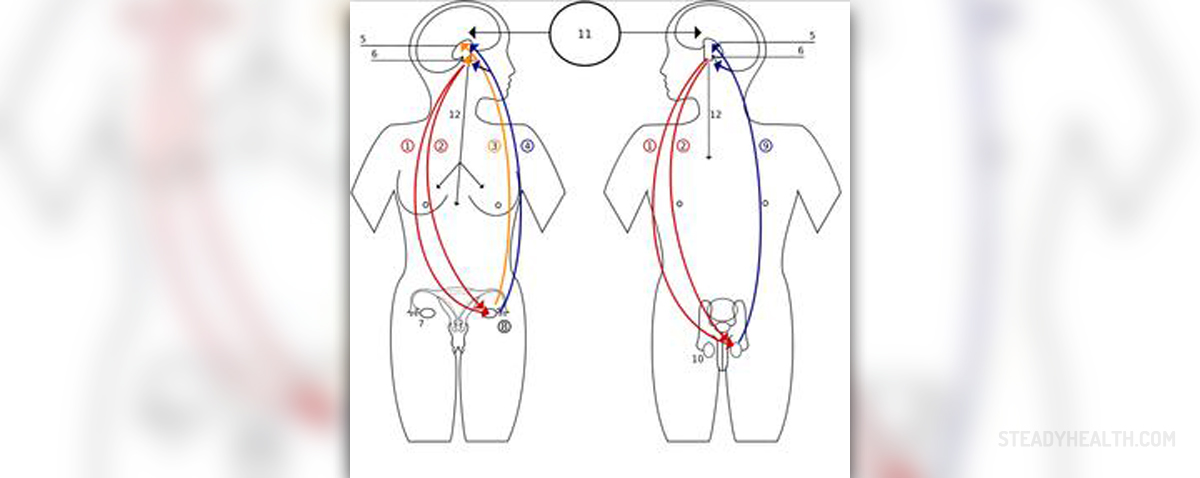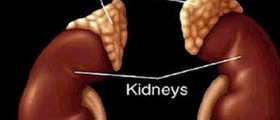
It is a wide known fact that the endocrine system controls each and every cell in the body. It can be understood as an instrument which if played properly can produce impeccable sound while if it does not function adequately, it can cause devastating consequences to the entire body.
The Endocrine System Overview
The endocrine system is made of glands and hormones these glands produce. Such hormones actually have a role of chemical messengers that transfer information and a variety of instructions to specific cells. The blood contains different hormones released at the same time, but different body cells contain receptors to which specific hormones bind.
The level of hormones in the body (the blood) depends on many factors. It is optimal if the gland in charge functions adequately and can be low or even elevated if the person is under stress, suffers from some infections or there is structural or functional damage to the gland in charge of production of the specific hormone.
There are many different endocrine glands in the human body, the hypothalamus, pituitary gland, thyroid gland, parathyroid gland, adrenal glands and reproductive glands (the ovaries and testicles). The pancreas is also a part of the endocrine system even though it is also an organ with certain exocrine functions.
Finally, there are several non-endocrine organs in the body (e.g. the brain, kidneys, liver, thymus etc.) which may at some point produce certain hormones and release them in the blood.
The Importance of the Endocrine System for Kids
Most of the glands of the endocrine system are equally important for adults and children The only difference is that in children reproductive glands are inactive and they become functional only when children reach puberty.
One of the most important hormones for children is growth hormone produced by the pituitary gland. It stimulates tissues to grow and develop and allows children to reach the optimal and desirable level of development according to their age. Apart from this hormone, children also need to have a proper balance of other hormones of the pituitary gland, thyroid gland, parathyroid gland and adrenal gland. If not, similarly to adults they may develop a variety of endocrine disorders. One of the most common endocrine disorders reported in children is type 1 diabetes, a condition associated with lack of production of insulin by the pancreas.
Apart from diabetes even children may develop other disorders of the endocrine system but this, fortunately, does not occur so often.












-In-Infants-And-Older-Children_f_280x120.jpg)



Your thoughts on this
Loading...